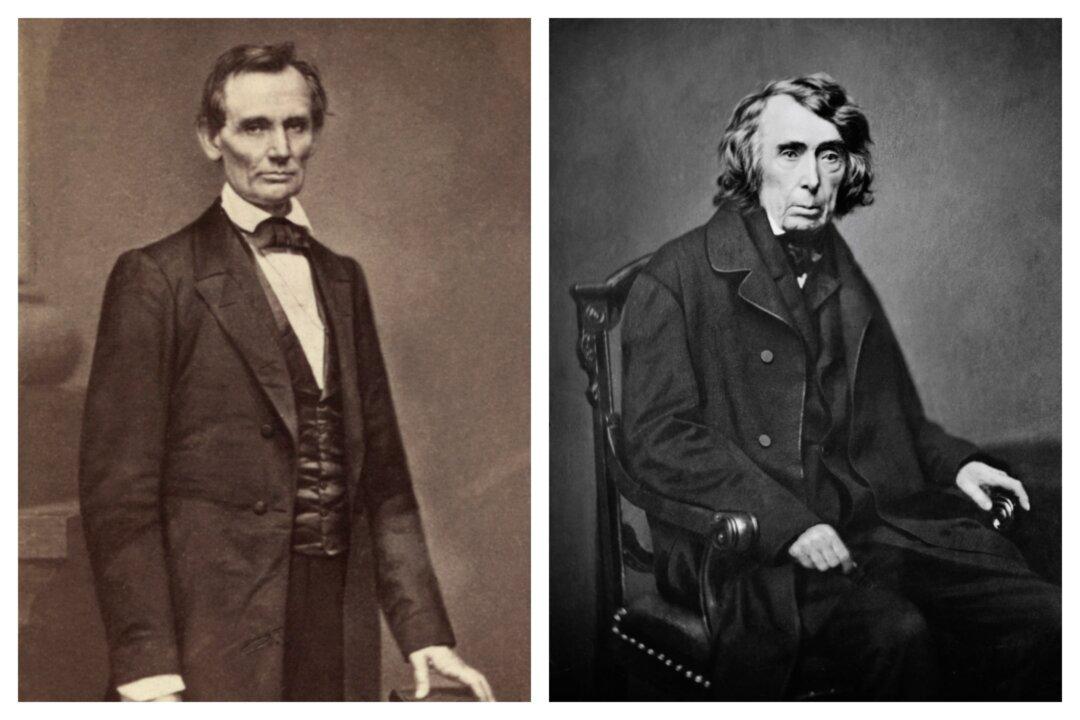For 27 hours, British ships bombarded Fort McHenry, but, as Francis Scott Key eloquently recalled, “Our flag was still there.” This attack on the Maryland fort took place more than three months before the Americans and British signed the Treaty of Ghent on Dec. 24, 1814. More than two weeks later and 1,000 miles away, the British landed its fleet 60 miles east of New Orleans, preparing to take the city.
To maintain order, Gen. Andrew Jackson took the unprecedented step for an American general and issued martial law. Beginning on Dec. 16, New Orleans would be under his military authority. Starting on Dec. 23 and over the course of the next two weeks, hostilities ensued between the Americans and British, culminating in the lopsided victory for Jackson and his makeshift army on Jan. 8, 1815. The British retreated and finally sailed from New Orleans on Jan. 18. The threat was gone; martial law, however, remained.






